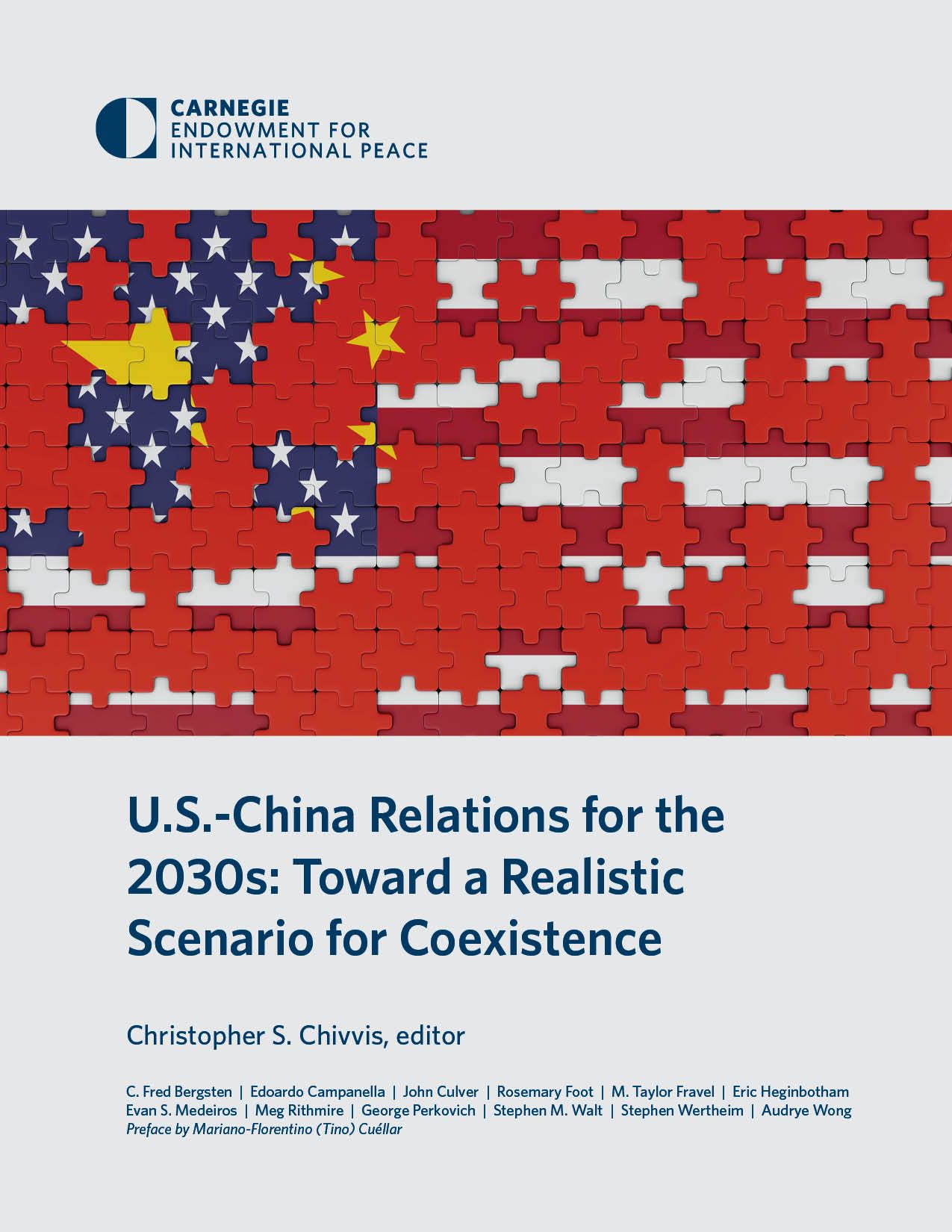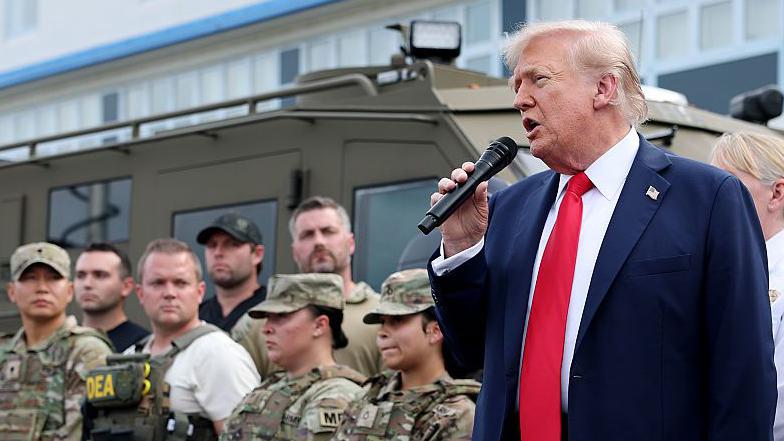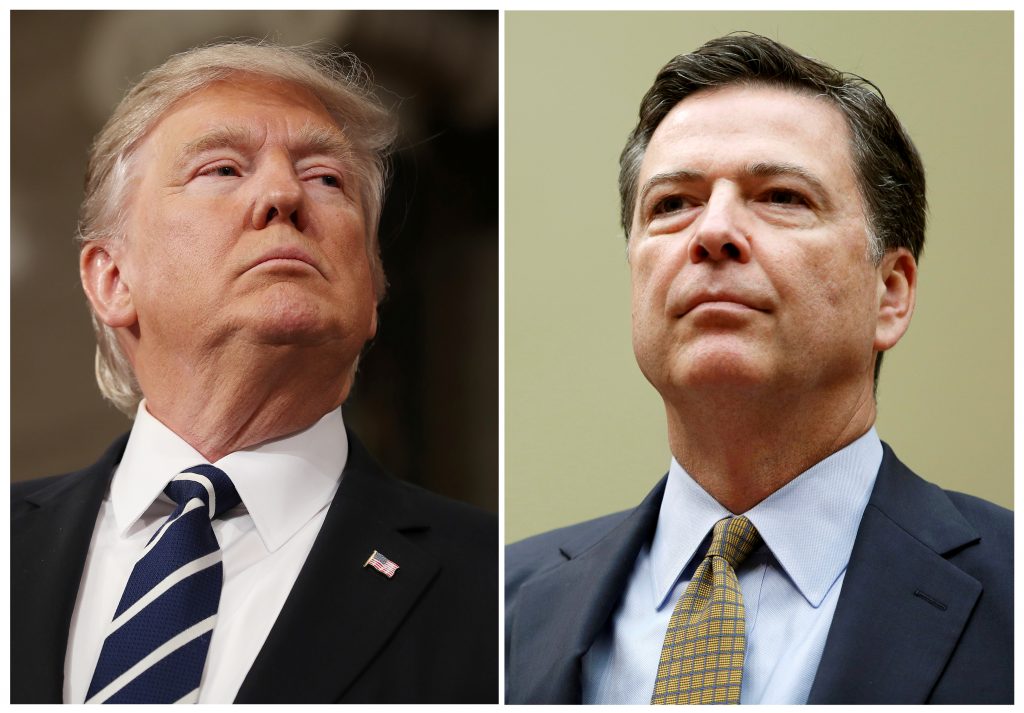Report on the Multi-Donor Action Initiative to Combat Illicit Financial Flows and Advance Sustainable Development Goals
Introduction and Strategic Context
The African Tax Administration Forum (ATAF) has intensified its commitment to combating Illicit Financial Flows (IFFs) through its participation in the Multi-Donor Action Initiative. A pivotal meeting was conducted from 6–7 August 2025, establishing a collaborative platform for joint, African-led strategies. This initiative directly addresses the significant impediment that IFFs pose to the achievement of the 2030 Agenda for Sustainable Development across the continent by undermining domestic resource mobilization efforts.
Alignment with Sustainable Development Goals (SDGs)
The initiative is fundamentally aligned with several Sustainable Development Goals, underscoring the critical link between fair taxation, governance, and sustainable development. The core objectives directly support the following SDGs:
- SDG 16: Peace, Justice and Strong Institutions: The program directly targets SDG 16.4, which calls for a significant reduction in illicit financial flows and the strengthening of mechanisms for the recovery and return of stolen assets. By tackling tax-related illicit activities, the initiative reinforces the rule of law and builds more resilient and transparent institutions.
- SDG 17: Partnerships for the Goals: This multi-donor, multi-partner framework exemplifies SDG 17. It strengthens domestic resource mobilization (Target 17.1) and fosters a global partnership for sustainable development by uniting African institutions with international partners to enhance domestic capacity for revenue collection.
- SDG 10: Reduced Inequalities: By curbing IFFs, the initiative helps ensure that financial resources remain within African economies to fund public services, thereby reducing economic disparities and promoting equitable growth.
- SDGs 1, 3, and 4 (No Poverty, Good Health and Well-being, Quality Education): Protecting the domestic tax base enables governments to increase public investment in essential services such as poverty reduction programs, healthcare infrastructure, and education, which are foundational to sustainable development.
Key Participants and Collaborative Framework
The meeting convened a broad coalition of stakeholders, reflecting a multi-sectoral approach essential for addressing the complexities of IFFs. The collaborative framework was organized by the European Union, the Ministry for Foreign Affairs of Finland, and BMZ, with implementation support from GIZ.
Principal African Institutions Involved:
- African Tax Administration Forum (ATAF)
- African Union (AU)
- Tax Justice Network Africa (TJNA)
- African Organisation of Supreme Audit Institutions (AFROSAI)
- African Organisation of English-speaking Supreme Audit Institutions (AFROSAI-E)
- African Organisation of Public Accounts Committees (AFROPAC)
Core Outcomes and Strategic Leadership
A primary outcome of the meeting was the resolution to continue the initiative under a revised multi-partner framework. This new structure designates the African Union to lead the program, with ATAF assuming the crucial role of coordinator. This strategic decision places ATAF at the center of harmonizing policies and actions, ensuring that African-led priorities and expertise guide the continental and global agenda on combating IFFs. This approach is vital for ensuring ownership and sustainability, key principles for achieving the SDGs.
Forward Action Plan
To maintain momentum and operationalize the strategic framework, ATAF has outlined a clear sequence of upcoming engagements:
- A virtual stakeholder meeting will be hosted by ATAF on 8 September 2025 to broaden engagement and consolidate the initial strategy.
- An in-person meeting will be held from 7–10 October 2025 in Johannesburg, South Africa, in conjunction with the Tax Justice Network Africa (TJNA) African Conference, to facilitate deeper collaboration and finalize action plans.
Conclusion: Strengthening Governance for Sustainable Development
Through its coordinating role in this initiative, ATAF is translating high-level collaboration into tangible action. By fostering a unified African voice and strategy against IFFs, the program is set to strengthen national tax systems, protect domestic financial resources, and create the fiscal space necessary to fund and achieve the Sustainable Development Goals across Africa.
Analysis of Sustainable Development Goals in the Article
1. Which SDGs are addressed or connected to the issues highlighted in the article?
-
SDG 16: Peace, Justice and Strong Institutions
- The article’s central theme is the fight against “illicit financial flows (IFFs),” which directly undermines the rule of law, fuels corruption, and weakens institutions. Combating IFFs is a core component of building peaceful, just, and inclusive societies with strong, accountable institutions.
-
SDG 17: Partnerships for the Goals
- The article emphasizes a “collaborative platform,” a “multi-sectoral approach,” and “cooperation among African institutions” (ATAF, African Union, TJNA) with support from international partners (European Union, Finland, BMZ, GIZ). This multi-stakeholder partnership is crucial for achieving the goal of strengthening domestic resource mobilization, which is a key aspect of SDG 17.
2. What specific targets under those SDGs can be identified based on the article’s content?
-
Target 16.4: By 2030, significantly reduce illicit financial and arms flows, strengthen the recovery and return of stolen assets and combat all forms of organized crime.
- The article is explicitly focused on advancing “Africa’s fight against illicit financial flows (IFFs).” The entire initiative described, the “Multi-Donor Action Initiative,” is dedicated to “tackling tax-related illicit flows,” which aligns perfectly with this target.
-
Target 17.1: Strengthen domestic resource mobilization, including through international support to developing countries, to improve domestic capacity for tax and other revenue collection.
- The article states that the collaborative effort aims to turn “collaboration into concrete action that strengthens tax systems, protects domestic resources.” This directly addresses the goal of improving domestic capacity for tax collection and mobilizing internal financial resources for development.
3. Are there any indicators mentioned or implied in the article that can be used to measure progress towards the identified targets?
-
For Target 16.4:
- The article implies a process-based indicator for measuring progress. The establishment and continuation of the “Multi-Donor Action Initiative” and its evolution into a “multi-partner framework led by the African Union and coordinated by ATAF” serves as a tangible indicator of a structured, coordinated mechanism being put in place to reduce IFFs. The holding of stakeholder meetings is another measure of this ongoing process.
-
For Target 17.1:
- An implied indicator is the level of functional cooperation and strategic alignment among key African institutions. The article points to this by highlighting ATAF’s role to “harmonise strategies, drive policy action, and ensure African priorities guide the global IFFs agenda.” The success of this coordination is a measure of strengthened domestic capacity.
4. Table of SDGs, Targets, and Indicators
| SDGs | Targets | Indicators Identified in the Article |
|---|---|---|
| SDG 16: Peace, Justice and Strong Institutions | 16.4: Significantly reduce illicit financial flows. | The establishment and operation of a “Multi-Donor Action Initiative” and a “multi-partner framework” to create “joint African-led strategies” against IFFs. |
| SDG 17: Partnerships for the Goals | 17.1: Strengthen domestic resource mobilization. | The coordination of work by ATAF to “harmonise strategies” and “drive policy action” among African institutions, which strengthens tax systems and protects domestic resources. |
Source: ataftax.org






